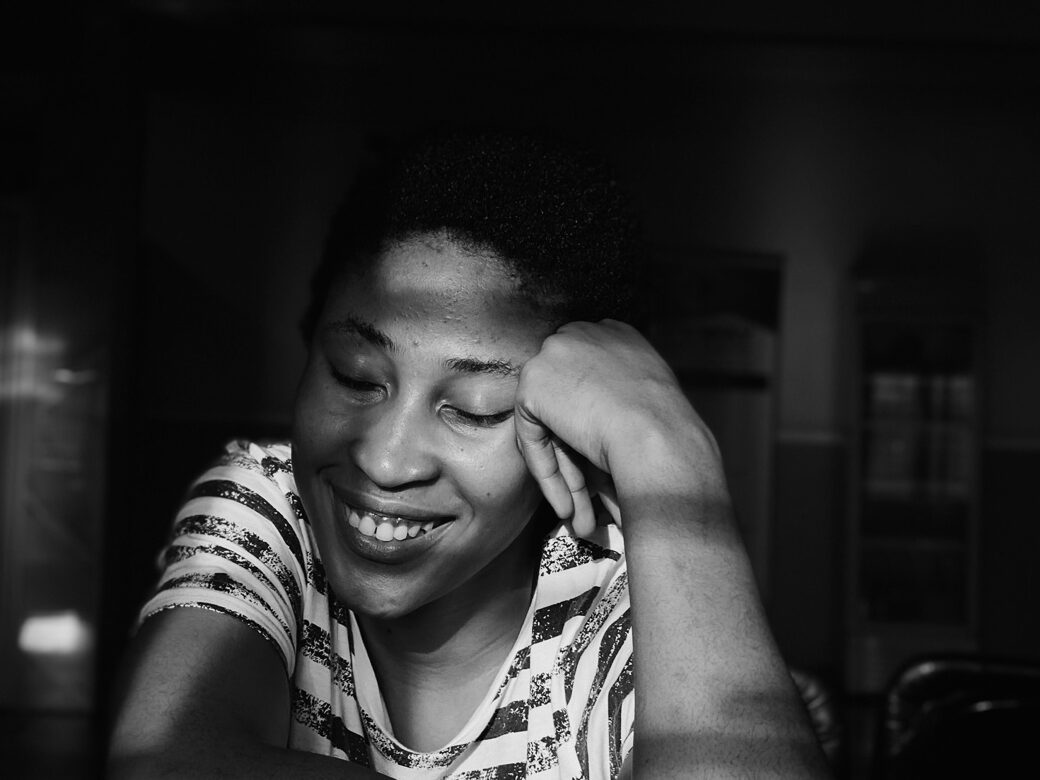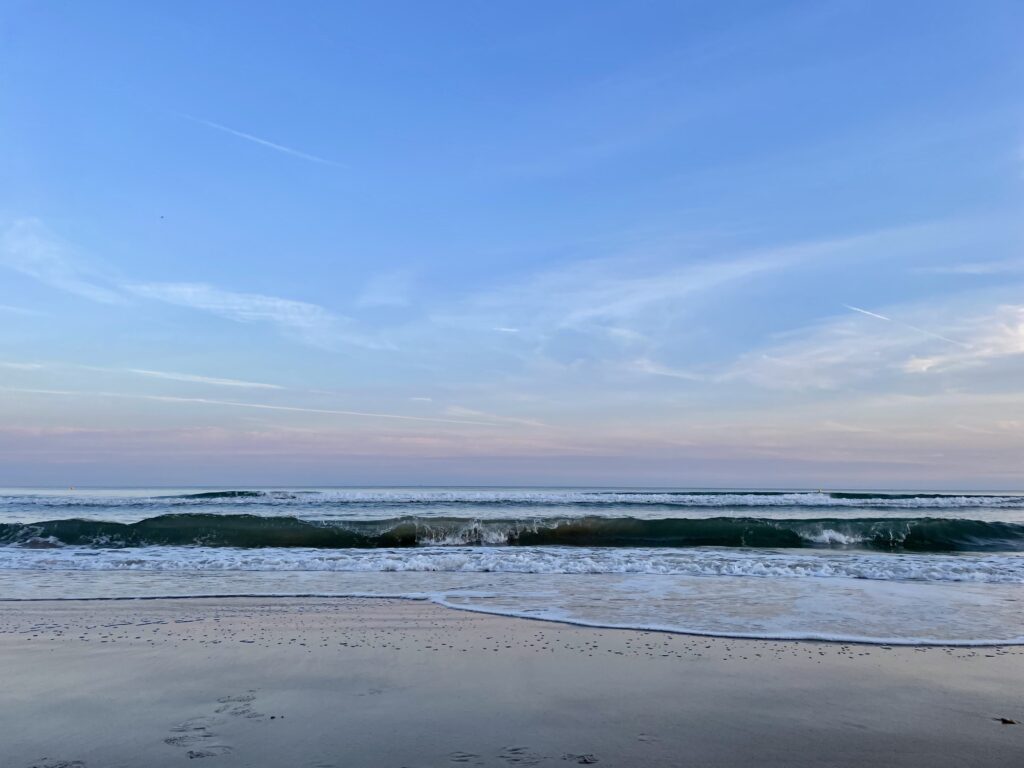There was a time when I wore exhaustion like a badge of honor. If I wasn’t doing, building, or producing something visible, I felt behind. Rest felt indulgent, even dangerous. Because what if, in slowing down, I fell so far back I couldn’t catch up?
Back then, even when my body whispered for stillness, eyes heavy, breath shallow, thoughts scattered, I kept pushing. There was always something else to do, someone else to show up for.
But the whispers became symptoms. Then silence. Then a quiet collapse I couldn’t ignore.
That’s when I began to learn, not just through reading, but through unlearning, that rest isn’t laziness. It’s language. It’s love. It’s a form of remembering: that we were never designed to perform our way to worthiness.
1. The Science of Stillness: Why Rest is Essential, Not Optional
We often talk about rest like it’s something to “fit in” or earn, but the truth is: rest is as biological as breathing.
The body cannot heal, think clearly, or even digest food properly when it’s in a constant state of doing.
Here’s what the research says:
- Sleep isn’t a luxury. It’s vital to brain function, emotional stability, and cellular repair. Chronic sleep deprivation is linked to heart disease, depression, weakened immunity, and burnout (Walker, 2017).
- Mental rest matters. When we daydream, reflect, or pause between tasks, our brain’s default mode network activates, a key system responsible for creativity, memory, and emotional processing (Andrews-Hanna, 2012).
- The nervous system needs to pause. Rest allows us to shift from the stress-driven sympathetic state (“fight or flight”) to the parasympathetic state (“rest and digest”), where deep healing and regulation happen (Porges, 2011).
So no, you’re not “doing nothing” when you rest. You’re doing the most necessary thing.
2. What My Body Taught Me When I Finally Stopped Overriding It
There’s a kind of fatigue that no nap can fix, the kind that comes from constantly overriding your inner signals. That’s where I was when I realized I didn’t just need rest, I needed a new relationship with it.
I started giving myself permission to:
- Take unstructured moments during the day without guilt
- Walk without headphones and just listen
- Say “not today” to obligations that didn’t serve me
- Lay down in the middle of the afternoon just to feel held
It wasn’t easy. Stillness can feel unfamiliar when you’re used to equating motion with meaning. But in time, I noticed something shift: I started hearing myself again. The parts of me buried under busyness started to breathe.
3. Rest as Resistance: Especially for Women, Especially for Black Women
In a culture obsessed with productivity, rest becomes a revolutionary act.
When we rest, we push back against the lie that our value is in how much we produce, how busy we are, or how much we can endure.
For Black women especially, who are so often expected to be strong, tireless, and endlessly available, rest is radical. It’s a way of reclaiming softness, humanity, and the right to slow down without apology.
Rest says:
“My worth is not in what I do, but in who I am — even when I’m still.”

4. What Rest Looks Like Now (NB: It’s Not Always Sleep)
These days, rest shows up in many forms, and it doesn’t always look like what we imagine.
It looks like:
- Setting boundaries and protecting my mornings
- Breathing deeply between tasks, even for 90 seconds
- Letting go of urgency when the voice in my head says “hurry”
- Taking breaks without needing to explain why
It’s still something I have to practice, daily. But each small pause is a reclaiming. A way to say: “I am allowed to feel well. I am allowed to be well.”
5. Reflection: How Much of Your Rest Is Real?
I invite you to ask yourself:
- Do I give myself permission to rest before I crash?
- When I’m resting, do I feel at ease, or secretly guilty?
- What kind of rest does my body crave today: stillness, silence, nature, softness?
6. Final Thoughts: Rest as a Healing Ritual
Rest isn’t a reward for exhaustion. It’s a rhythm, a return, a repair. It’s where our body remembers what balance feels like. It’s where we reconnect with ourselves without striving.
I no longer see rest as the opposite of productivity. I see it as the foundation of everything good I want to sustain, peace, purpose, presence.
So if you’re tired, not just in your muscles, but in your spirit, I hope you know this:
You don’t have to earn your right to pause.
You are allowed to stop.
You are allowed to soften.
You are allowed to rest.

